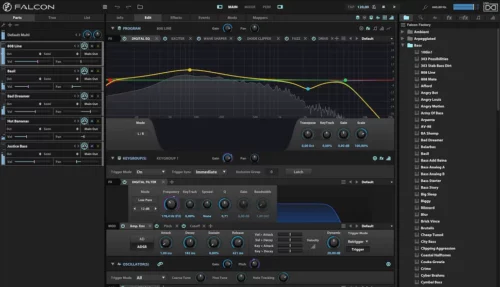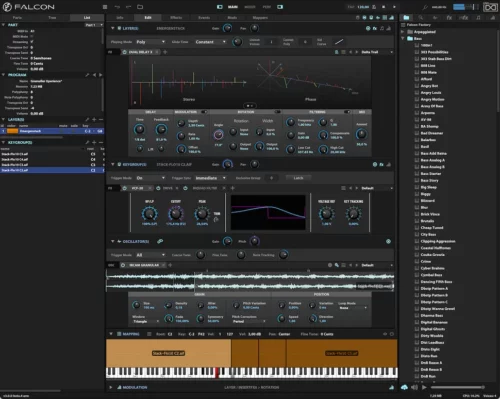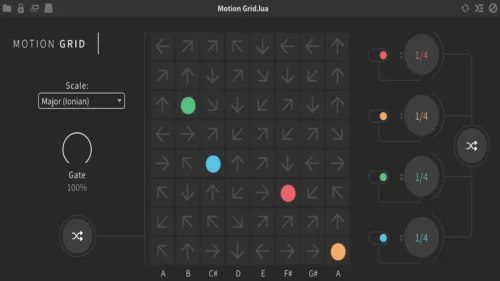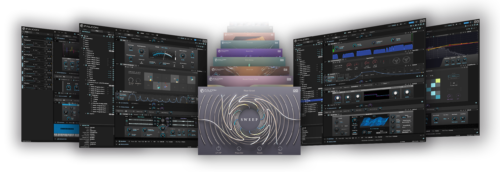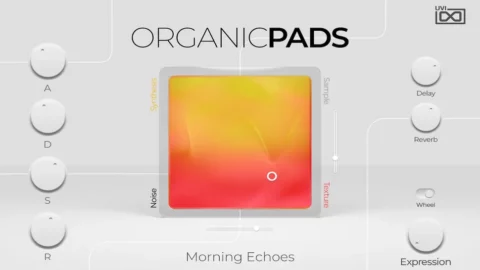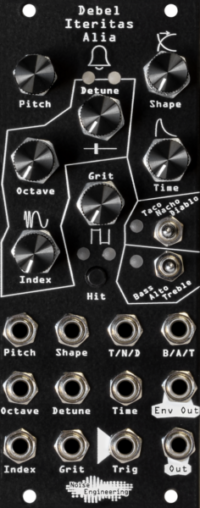Sonicware Lofi-12 XT Groovebox Sampler Now Available to Pre-order
Sonicware Livens up its Lofi-12 sample groovebox with an all-new XT version – a portable, hand-held groovebox sampler with some interesting twists.
Sonicware continue their exploration of Lo-Fi sampling with the Lofi-12 XT and has launched a Kickstarter project to fund production of the Lofi-12 XT groovebox sampler.
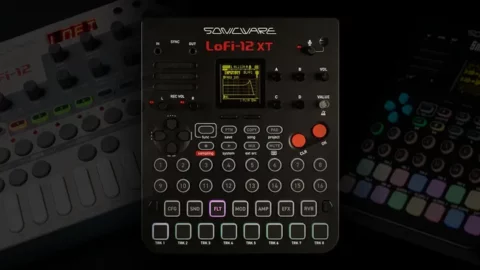
The Lofi-12 XT is an advanced model of the Liven Lofi-12, newly developed, based on hardware of the SmplTrek. The Lofi-12 XT inherits the retro sampling engine of the Liven Lofi-12, but is redesigned and redeveloped as an even more user-friendly and fun Lo-fi Groovebox Sampler with longer sample times, more connections, a much better screen and better performance features.
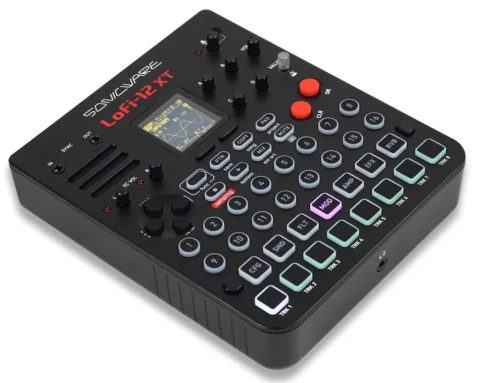
The original Lofi-12 was aimed at those wanting their grooves a little old school in terms of sonic quality. It boasted a 16-bit/12kHz/24kHz sampling engine but most definitely had an ’80s and ’90s vibe in mind with its 12-bit sampler mode.
The new Lofi-12 XT still has that 16-bit/12kHz/24kHz engine and 12-bit sampler mode, but each sample now has a maximum length of 300 seconds and, depending on your SD card, you can store as many samples as you like and load up 256 of these into a single project.
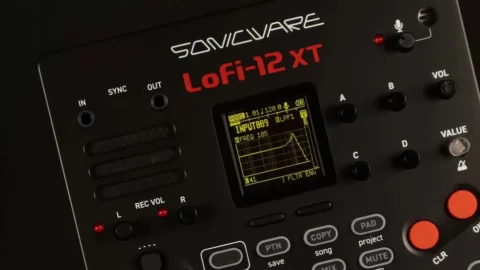
The display is a massive improvement over the original’s with more graphical capabilities helping to make your sample editing ‘simple and fun’. An extra Pad Mode gives you more performance and playing options, and you can also chop and play slices, or use the D-pad to retrigger notes over different divisions.
An on-board 8-track sequencer allows for both real and step-time recording plus you can record automation – just hit record and tweak. There are 20 effects on hand of which you can use eight per track. Sonicware gives you a good start with your sounds too – an included SD card delivers over 1000 samples from many classic Roland, Linn and E-mu drum machines.
Finally, there’s a cool-sounding Mix Tape feature that allows performances – mixing down tracks, recording live or creating beats – to be captured on one of five different tape quality levels, from the lowest (micro-cassette) to DAT.
LoFi-12 XT has two sets of TRS analogue ins and outs, digital outputs via USB, and tempo sync through MIDI or audio.
Production of the Sonicware Lofi-12 XT is being funded via a Kickstarter project, and it is available to project backers starting at about $374.
Note: Crowdfunding projects can involve risk. See the project website for details.
Limited edition (500 units) ‘retro colour’ version (pictured below): Standard price, $559, early bird (first 5 days), $429 or $399 for the first 100 units
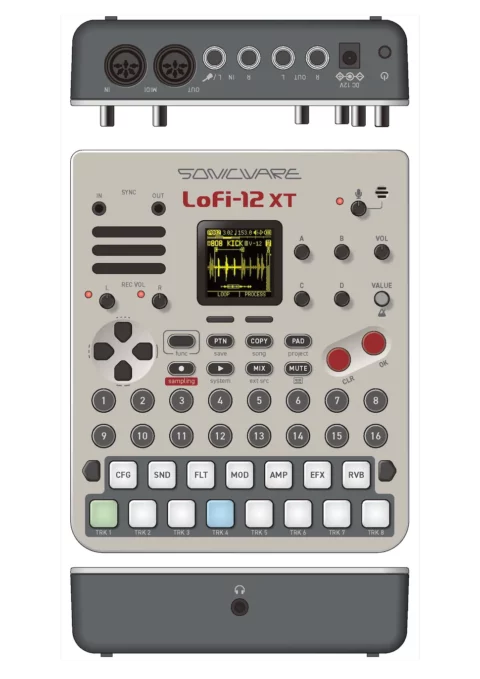
More information from the Sonicware website.
